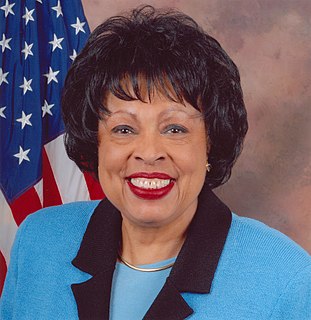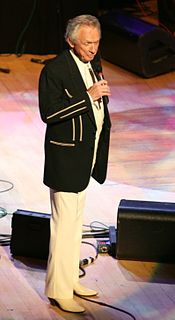A Quote by Don Felder
Early on, one of my favorites was Ray Charles. I remember hearing 'I Can't Stop Loving You' in the early '60s and thinking, 'What an unbelievably soulful voice.' In those days, the Deep South was extremely segregated.
Related Quotes
Oh man, I love what the South brings as far as the soul, and I really have noticed from even the early days of listening to OutKast and Goodie Mob that Atlanta and the South has a diverse sound to it. You have bounce music. You have soulful musicians. You have artists with vocals who try to do different things.
I remember working with Ray Charles when I was quite young, and I would wonder, 'Why would he sing 'Georgia On My Mind' and 'I Can't Stop Loving You' every night?' I said, 'Oh my God if I have to sing these songs, if I have to sing 'I Can't Stop Loving You' one more night, I'm going to fall out.' Of course, I was young and I didn't understand.
When I began writing poems, it was in the late 60s and early 70s when the literary and cultural atmosphere was very much affected by what was going on in the world, which was, in succession, the civil rights movement, the antiwar movement, and the women's movement in the 60s, 70s, and into the early 80s. And all of those things affected me and affected my thinking, particularly the Vietnam War.



































